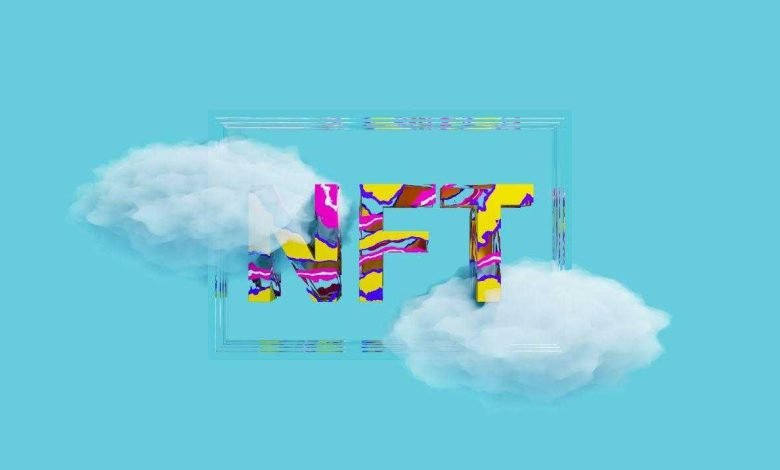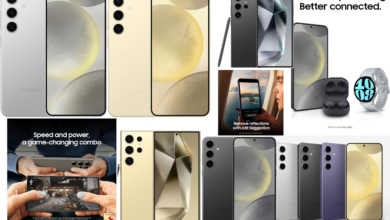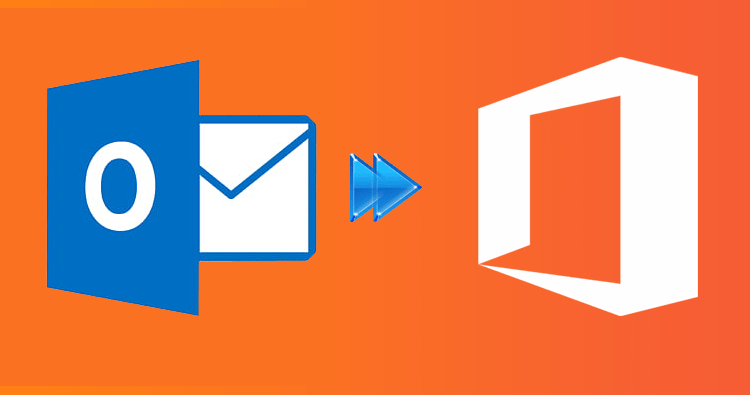What You Need to Know About NFT Smart Contracts

Blockchain smart contracts manage NFTs. When trading NFTs, smart contracts are almost always used.
Learn more about this dependable software program and how it can help with ownership verification, counterfeit prevention, and other things.
A Smart Contract: What Exactly Is It?
A smart contract is a blockchain-stored program that executes predetermined actions. Smart contracts allow direct communication in a decentralized system. Ethereum and Bitcoin use smart contracts to automate transactions and processes.. Have you ever wondered why solutions from enterprise blockchain development companies help you access all blockchain services? Did you know why enterprise blockchain development company solutions help you to get all blockchain services?
What distinguishes smart contracts? Code that automates procedures and eliminates human errors reduces contract time and costs. Smart contracts give blockchain more benefits than preventing human errors.
Smart contract use has the following advantages:
- As a result, parties can interact without knowing or needing to trust one another because they enable transactions in a trustless system.
- They do away with the need for middlemen and paperwork, which increases efficiency and lowers costs.
- Once deployed, they are secure and unchangeable.
- Smart contracts are transparent and open to everyone on a public blockchain.
- They are adaptable because they can be customized before use.
- They follow instructions and are deterministic.
Smart contracts are not, however, enforceable in the same way as conventional contracts. Thus, while these lines of code assist in the execution of blockchain outcomes, they are unable to enforce off-chain agreements.
NFTs Can Be Made Using Smart Contracts:
Minting creates NFTs by converting digital files into crypto assets on a blockchain. In essence, when you mint NFTs, you are setting the parameters of the smart contract code that governs the characteristics of your crypto assets.
Multiple smart contract standards guarantee that NFTs can communicate with apps. NFT-generating smart contract blockchains include TRON, EOS, and Tezos. Without a unified standard for smart contracts and NFT coding, NFTs created on various platforms might not be able to trade on the same exchanges.
NFT Creation Standards for Smart Contracts:
ERC-721, Ethereum’s first non-fungible token standard, is a popular crypto standard. This innovative standard is used to build NFTs. Other standards may not require non-fungible tokens with IDs like ERC-721.
NFT gaming uses ERC-721. ERC-1155 supports limited-edition skins and non-fungible assets.
The Metaverse, NFTs, and Smart Contracts
A three-dimensional digital universe known as the “metaverse” links the real, virtual, and financial worlds. NFTs, games on the blockchain, and conventional crypto would all be a part of the metaverse.
It should come as no surprise that smart contracts, which serve as the backbone of NFTs, are a key building block in the creation of the metaverse. Aspects of the current metaverse landscape that smart contracts may support include NFT art and gaming, for instance. By enabling financial transactions without a middleman, smart contracts can lower metaverse friction.
Additional NFT-Related Smart Contract Use Cases
Authentication and ownership enforcement
Smart contracts help with data authentication and ownership enforcement. NFTs on open blockchains are viewable by anyone.
Institutions of higher learning may grant students with distinctive NFTs on open blockchains in the case of digital degrees. Employers who are looking to hire students can confirm a candidate’s degree by looking for the appropriate block explorer. Anyone can access the public data kept on the blockchain using this search engine.
This also covers NFT licensing. With NFT tokens, it is simple to transfer ownership of a sound or image file. Buyer property rights checked by anyone.
Stopping Plagiarism and Fake Work
Smart contracts stop plagiarism and NFT counterfeiting. A blockchain-based smart contract can verify the date, time, and location of a token’s first wallet address. Tracking creative ownership helps fight to counterfeit. Automatic filters remove inappropriate products. Choose reputable agencies for NFT marketplace development.
Facilitating Business Transactions
Smart contracts improve business speed and security.
The results are guaranteed by smart contracts for both parties. Transactions take longer when there is a lack of trust. Even if the parties to a transaction don’t trust one another, a smart contract still completes the transaction.
Take the procedure for purchasing a home. Once the buyer has fulfilled all conditions, including passing credit checks and making a successful downpayment, a smart contract can simultaneously release funds to the seller and transfer ownership to the buyer. This transaction may record the title deed on the blockchain.
Conclusion:
Smart contracts can be customized for almost any industry. As NFT adoption and the metaverse grow, smart contracts will become more crucial as the foundation for one of the hottest classes of digital assets.




